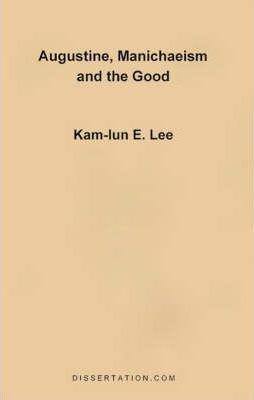This thesis will investigate, by means of the historical-critical method, Augustine of Hippo's understanding of the Manichaean idea of the Good, and how this understanding affects his own related notions of summum bonum and personal evil, and, as a corollary, his doctrine of predestination. The question of a possible Manichaean influence is particularly pertinent because Manichaeism is at heart a dualistic solution to the issue of good and evil. The focus is not on Manichaeism per se but on Augustine's perception of it, as more directly affecting his thinking. Augustine's treatise De natura boni (399) in part summarizes his treatment of "the nature of the Good" in earlier polemics. From his first writing, De pulchro et apto (380), to that point, Augustine understands the Manichaean concept as equating the Good with the Beautiful, the latter taken to mean that which engenders tranquil pleasure. Conversely, evil is thought of as a disturbance of this state, whether spiritually or physically. Carrying over from the Manichaean expectations he held in De pulchro et apto, Augustine perceives the summum bonum to be that which guarantees the soul's tranquil enjoyment. For the soul to attain tranquility, it must have modus, or the fullness of due order. God as the summum bonum can guarantee tranquility simply because, as summus modus, he exists fully, therefore cannot be lost as the soul's object of possession. In turn, God confers order on the contemplating soul. Wickedness and mortality are deemed to be both spiritually and physically evil in Manichaean terms because they disturb a person's tranquil existence. In his non-metaphysical theory he designs to explain intrinsic personal evil developed in De uera religione (390), Augustine redefines these two notions as "sin" and "penalty," hence imposing on them a causal relation that makes the conception of a vicious circle mechanism possible. According to Augustine, in the human experience of evil habit (consuetudo), the mystery of one's bondage to sin, has to do with the vicious circle caused by the inherited penalty of the primal sin, resulting in bodily corruption, and by the effect of this corruption on the subsequent sinful defective turning of the will away from God toward preference for bodily pleasure. This defection is, in turn, reinforced by spiritual blindness, which is, again, the result of bodily corruption. In his debate with Fortunatus (392), Augustine was challenged to reread the Pauline writings. Fro










